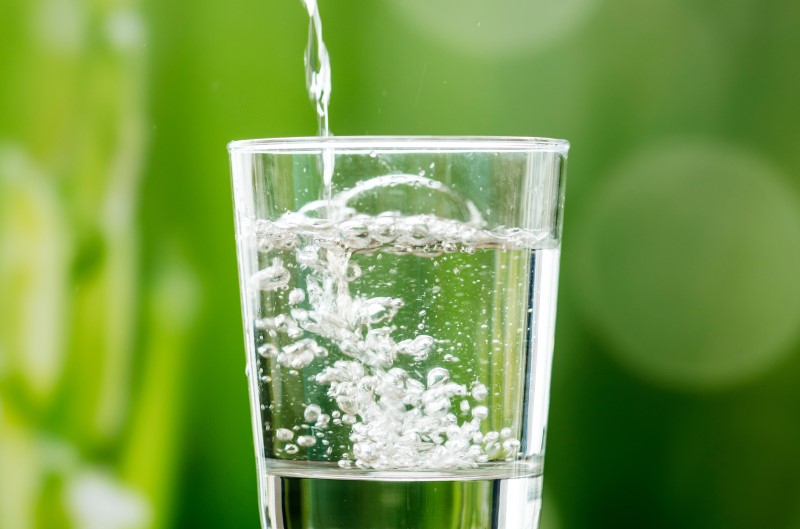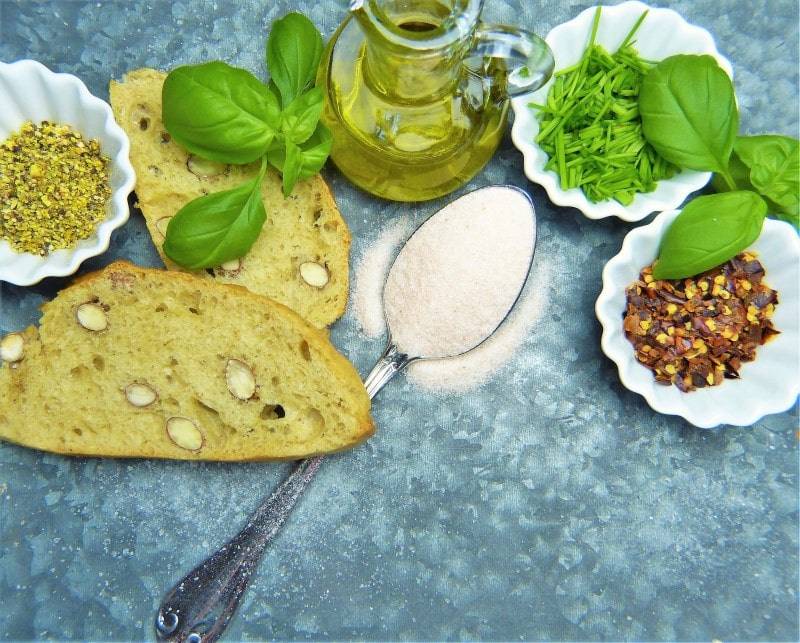Many people think taking supplements for their general health is the right choice while others disagree. Who is right? The reason for taking supplements is to fulfill the body’s needs when you might not get all the necessary vitamins and minerals from the food that you eat. But, the question arises: do we really need supplements?
The answer is: It depends on your individual circumstance. In an ideal world, no one would require supplements. However, if we do an analysis of today’s food then the result will totally shock you. The quality of food has been decreasing year after year which means a lot of food simply doesn’t have the nutrition it once did.
Role of vitamins and minerals
Sadly, many people are not aware of the role of minerals and vitamins. They think that minerals and vitamins are only needed to help fight off colds and other such minor ailments. But, it is important to ensure we are never vitamin deficient; we need minerals and vitamins to maintain optimal body functioning. Sadly, most vitamin enriched food doesn’t have enough vitamins and minerals to fulfill the body’s needs. Or, rather on paper they do, but the food is so processed that our body can’t really absorb the extra vitamins and minerals in a meaningful way. Because how food is processed, the quality of food, regarding its nutritional value, is decreasing. Our body requires vitamins and minerals in order to be healthy and taking supplements seems like a n obvious choice.
Does the intake of supplements actually help?
Recent studies show that intake of single nutrients or organically synthesized nutrients have little or no health benefits. Does that mean we have to eat to excess in order to get all of our needed vitamins and minerals? No! In fact, eating to excess comes with its own health risks. Remember though that getting enough of certain vitamins is beneficial and can help prevent conditions such as strokes and high blood pressure. For instance, it was found that folic acid and B-complex vitamins can reduce a stroke’s probability.
If you have questions about whether you need to take health supplements, talk to your healthcare provider.



